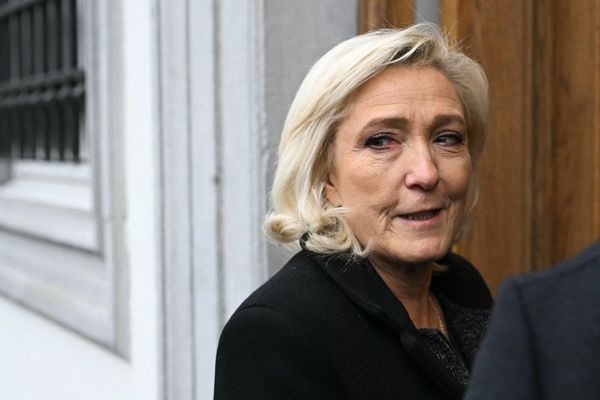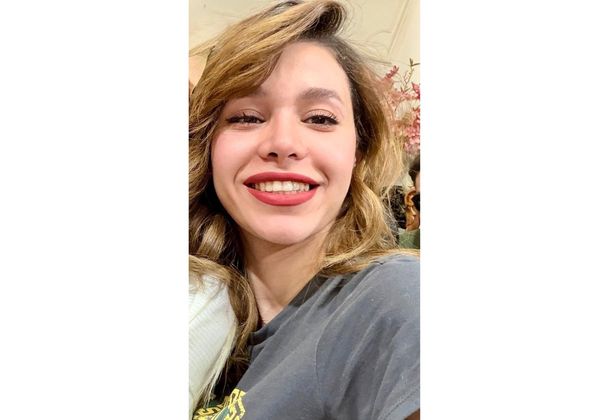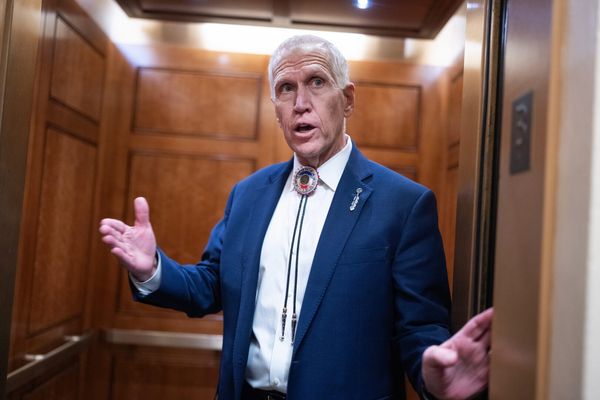The partner and children of Dezi Freeman, accused of killing two police officers in rural Porepunkah in Victoria, Australia, were interviewed by detectives on Tuesday, authorities confirmed.
Mr Freeman, 56, was allegedly involved in a shooting at a property where police officers were executing a search warrant, reportedly for historical sex offences against him.
The shooting killed a 59-year-old detective and a 35-year-old senior constable and wounded a third officer, who was reportedly recovering after undergoing surgery at Melbourne’s Alfred Hospital.
Mr Freeman was “still at large”. He vanished into dense bushland, prompting police to impose a no-fly zone over Porepunkah as the search intensified.
Authorities urged residents to stay inside and limit travel for their safety.
Victoria police chief commissioner Mike Bush said Mr Freeman was believed to be heavily armed and considered “very dangerous”.
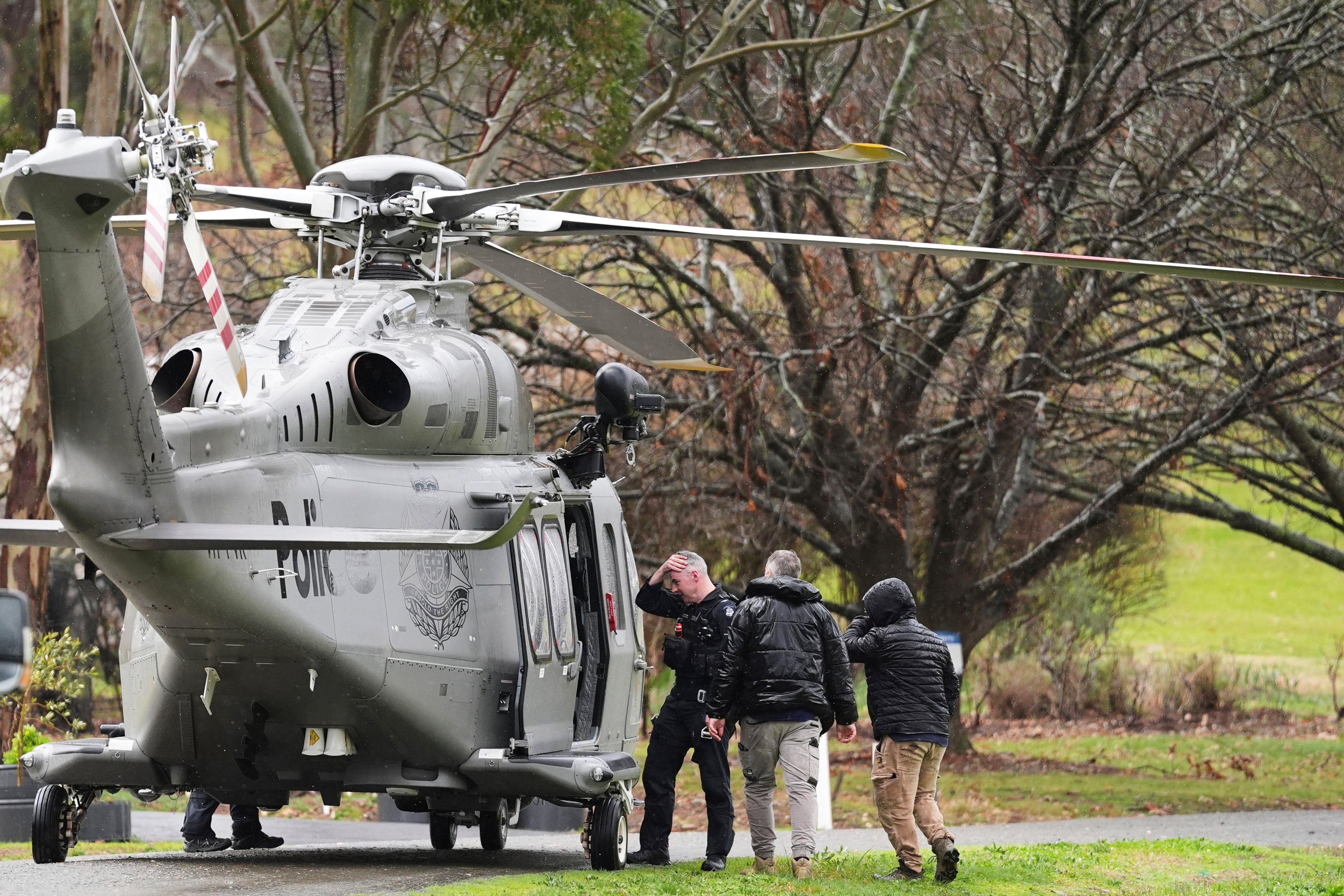
Mr Bush said on Wednesday morning that an interstate flight had not been ruled out. But NSW police said there was currently no indication he had crossed the border north. Porepunkah is just an hour’s drive from the NSW border.
“He will know that area better than us so that is why we are putting in every expert, supported by local knowledge,” he said, referring to the suspect. “Our understanding is that he understands bushcraft well which provides a challenge to us.”
Helicopters, drones and heavily armed tactical police flooded the area after the shooting to search for Mr Freeman.
To protect the operation, the Australian Transport Safety Bureau imposed a no-fly zone until 11.30pm on Friday.
“Please be advised this includes all aircraft, including drones,” the Victoria police said in a statement. “Given the suspect in this matter is heavily armed, this condition has been granted due to the risk to aircraft and drones, as well as potential implications associated with the suspect tracking police movements based off media coverage.”
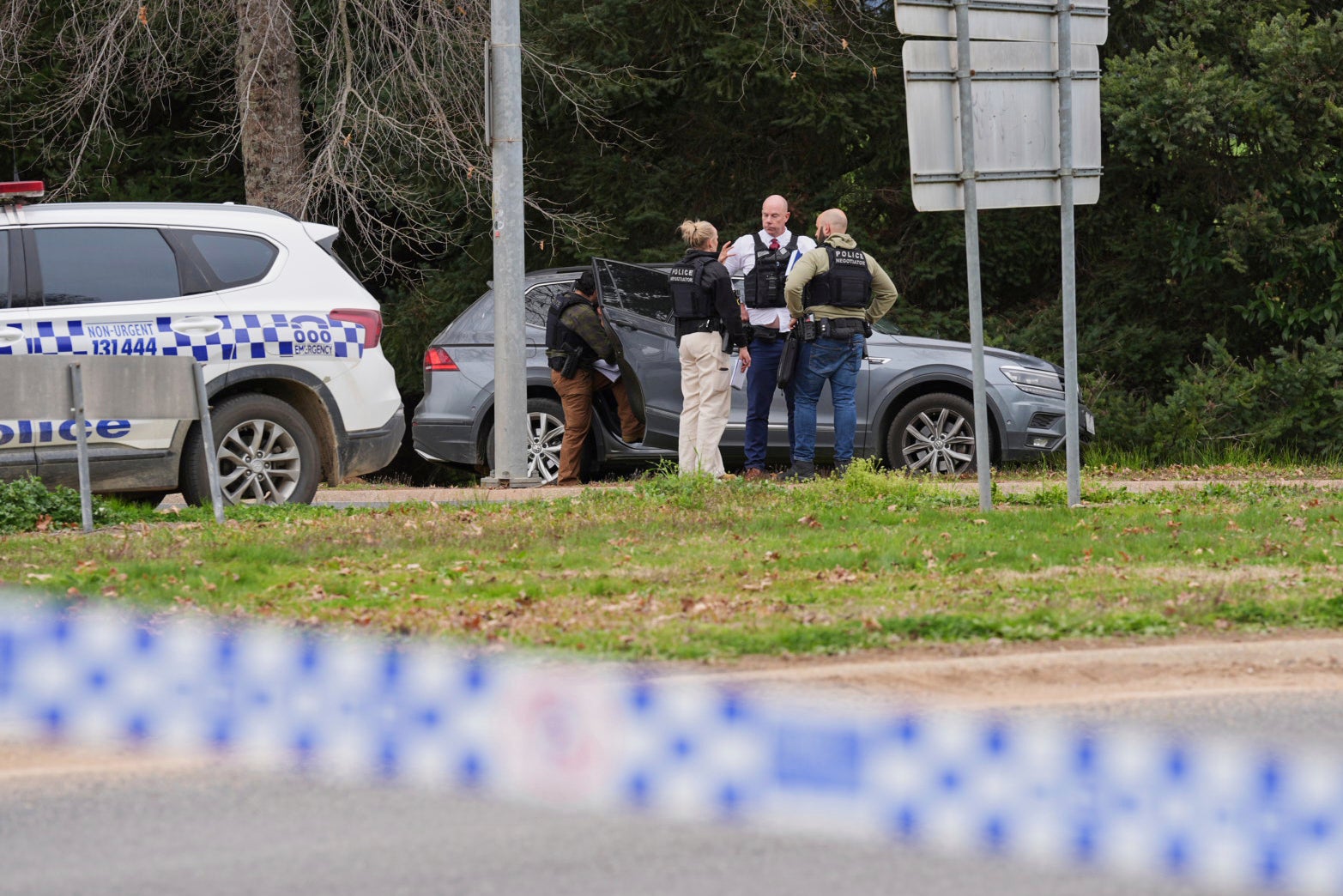
The shooting has left Porepunkah rattled. The rural town of just over 1,000 people is 300km northeast of Melbourne.
“We’ll band together, we are a resilient bunch, through fires, floods, and lots of other unfortunate farming accidents or tragedies that have occurred in the community,” Porepunkah resident Linda told the ABC. “It’s quite a bit of a shock, but we all seem to band together and look after each other.”
Victoria’s State Emergency Service said its volunteers had been helping police since Tuesday but “they’re not currently assisting on scene”.
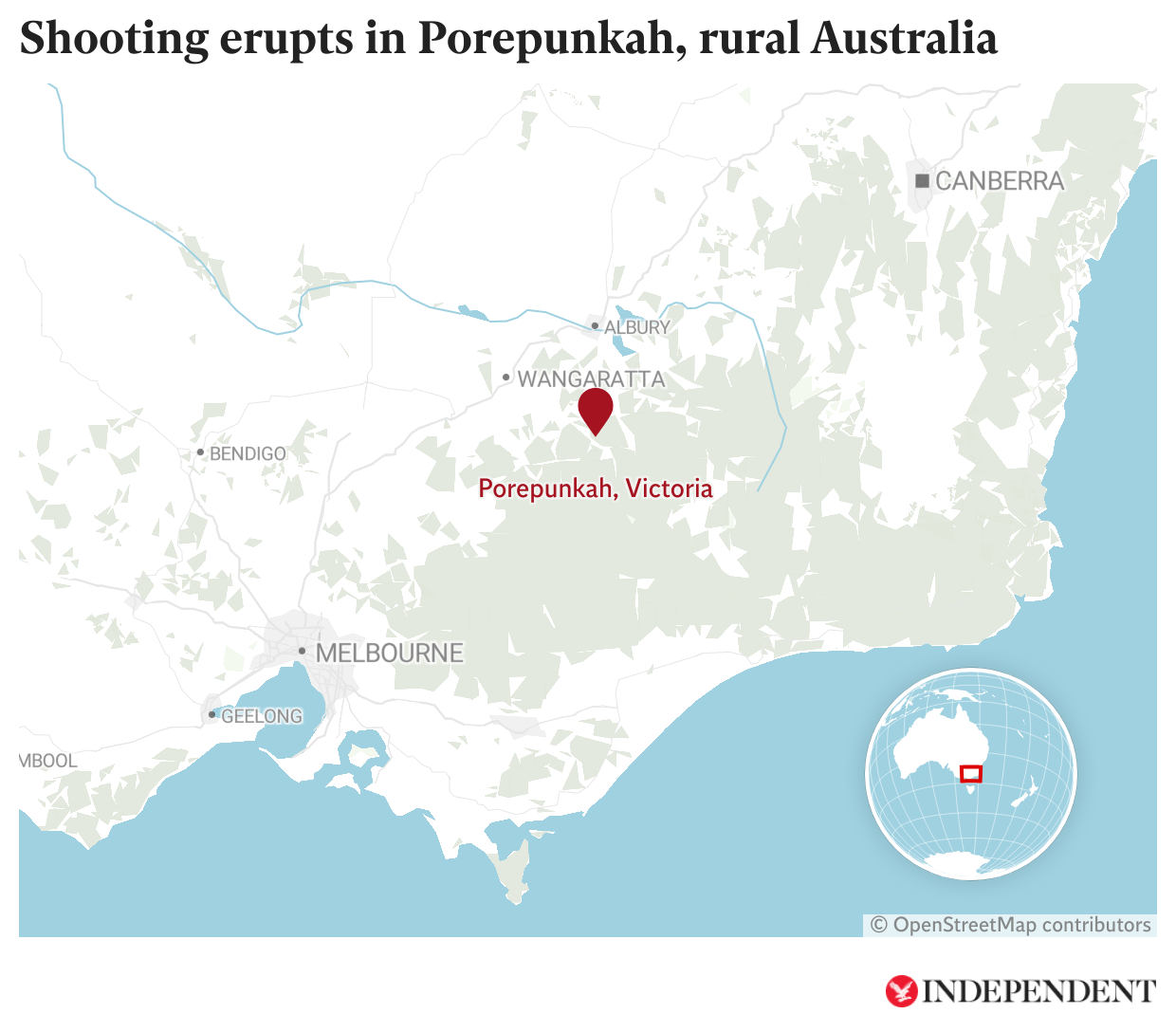
On Wednesday morning, police cleared the 50-hectare property at Rayner Track where Mr Freeman was living on a bus with his family.
Scattered belongings, including a sleeping bag and shattered glass, were found on the roadside. A man identifying himself as a resident blocked access. “I am here to protect the owners,” he said, The Sydney Morning Herald reported. “You have to know you are trespassing.”
Residents say a community of people live on the property, though details remain unclear.
Mr Freeman, police said, described himself as a “sovereign citizen”, a movement known for promoting conspiracy theories and hostility towards law enforcement.
The killings drew immediate comparisons to the 2022 Wieambilla massacre in Queensland when two constables were lured and murdered by radicalised “sovereign citizens”.
A bearcat and members of the Special Operations Group have moved in on Mt Buffalo Road. Residents are being turned away from the area as the manhunt for accused police shooter Dezi Freeman continues @9NewsMelb pic.twitter.com/5ZVKcNV0qP
— Mimi Becker (@MimiRoseBecker) August 27, 2025
On Tuesday, prime minister Anthony Albanese said that the threat of “sovereign citizens” and extremist ideologies must be taken seriously.
“We saw a tragic loss of life in Queensland as well previously, and I attended the funeral service – which was so sad – of the officers there,” Mr Albanese told the ABC.
Alpine Shire mayor Sarah Nicholas called it a “day of deep sorrow and shock”.
In the aftermath of the shooting, Alpine Shire Council shut all its facilities, including libraries, transfer stations, and customer service centres.
“I think reality really set in – that this is a really, really horrible situation,” resident Emily White told the BBC.
“We’re such a small community, and we’ll leave our cars unlocked, and we’ll leave our front doors open. Nothing like this ever happens.”
Melbourne man charged over synagogue arson linked to Iran
New Rio Tinto boss restructures mining firm’s operations
Asian shares post modest gains after Wall Street nears more records
Australia expels Iranian ambassador, accusing Tehran of antisemitic attacks
Manhunt for ‘sovereign citizen’ in rural Australia after two police shot dead
Inside the prison conditions faced by Australia’s mushroom murderer
